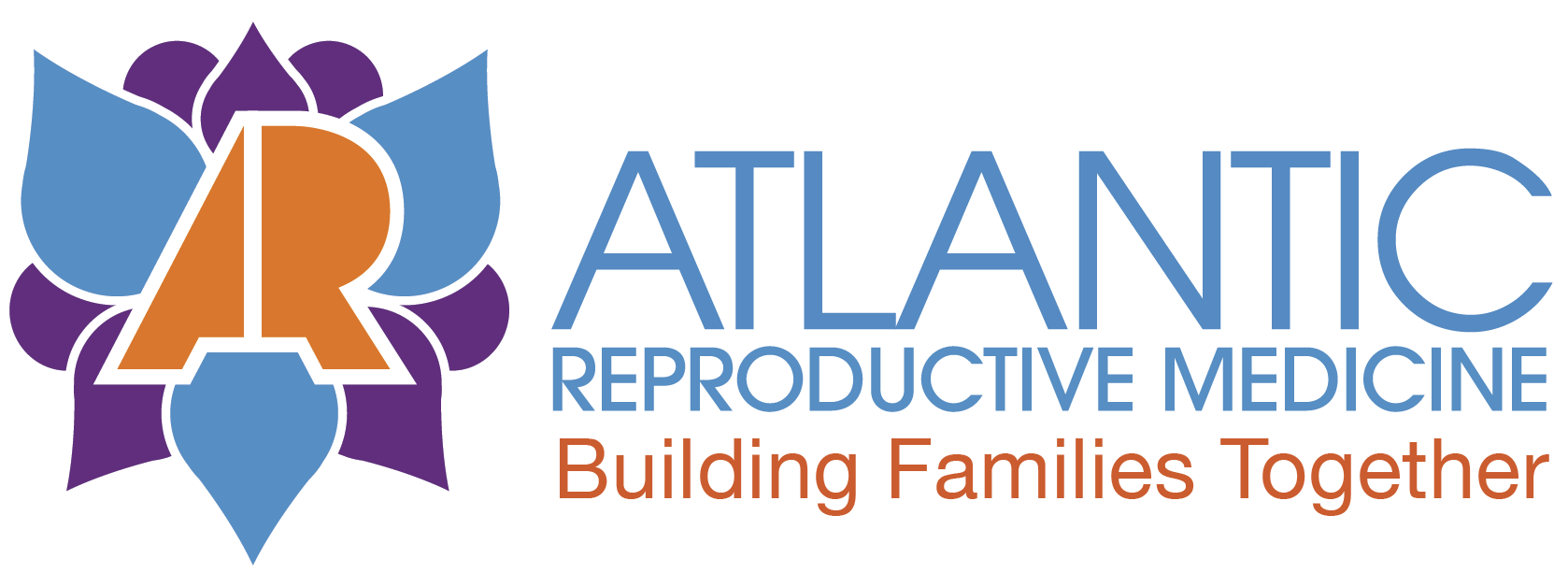
Transgender
Having A Baby During Pre- or Post-Transition
If you’re planning a transgender transformation, an important factor to consider is having a future family and the possibility of biological children. If having children before beginning your transition is not possible, you have options that can preserve your fertility.
Hormone treatments involved in a transgender transformation can adversely affect eggs or sperm. Therefore, fertility preservation in Raleigh is most successful if pursued before your hormone treatments begin. Sperm or egg freezing allows you to preserve your fertility and keep the door open to having a biological child in the future.
You also have the option to undergo a complete IVF process before beginning your hormonal therapy to transition and then cryopreserve the fertilized and developed embryos.
Building Families After Transition with Banked Sperm or Eggs
Banked eggs, sperm, or embryos can be used when the time has come to build your family. The process, which may include IUI or IVF with or without the assistance of a gestational carrier, will be tailored to what you banked before the transition and the gender and fertility of your partner if you are partnered.
Plan Ahead: Chart Your Path to Conception With Us
As you consider transition, it is important to plan ahead. You’ll want to consider your future family and your desire for biological children in ways that non-transgender persons do not ensure that your reproductive choices are not precluded by transitioning from one gender to another.
If you’re a minor contemplating fertility preservation as part of a transitional program, know that these fertility preservation methods constitute medical treatment and will require the consent of your parents in accordance with the American Academy of Pediatrics statement on pediatric assent. These fertility preservation options will also be offered for consent to your parents as part of the informed consent process for any hormonal treatment or surgery you are currently discussing. Our experienced fertility doctors in Raleigh are committed to helping you plan ahead and preserve your fertility. Through a comprehensive fertility treatment plan that values your beliefs and lifestyle, we partner with you no matter where you are on your path to conception.
Atlantic Reproductive provides fertility treatment, testing, and more to patients in Raleigh, Cary, Durham, Fayetteville, Chapel Hill, and beyond from our office in Brier Creek. Contact us today to schedule a consultation.
Helping You Conceive

Heterosexual Couples
If you and your partner have been trying to conceive for more than 12 months and have not achieved a viable pregnancy, you’ve naturally begun to wonder about infertility. We are here to help.

Same-Sex Couples
Through long-established fertility treatments, there are many pathways to building a family as a same-sex couple. Our experienced fertility doctors are here to help you chart your course.

Single Women
Deciding to have a baby as a single woman is a life-changing decision. We understand your decision to have a child and will partner with you to determine the fertility path that meets your family goals and honors your values.

Single Men
Just like women, men experience feelings of their “biological clock ticking.” Many single men feel the urge to start families and turn to fertility treatments to make it happen. Let’s chart your course together.

Transgender Couples
As you consider transition, it is important to plan ahead if you’d like to have biological children. If having children before beginning your transition is not possible, you have options that can preserve your fertility. Let’s chart your course together.

Known Genetic Diseases
One in six couples will experience a genetic disease or defect that could be passed onto an unborn child. This unique circumstance requires guidance and support. Don’t chart your course alone; we are here to help.

Advanced Maternal Age
Are you 35 years old or older and ready to start your family or wish to extend your family? While being 35 years of age or older is considered an advanced maternal age, many other factors can influence your fertility health.
